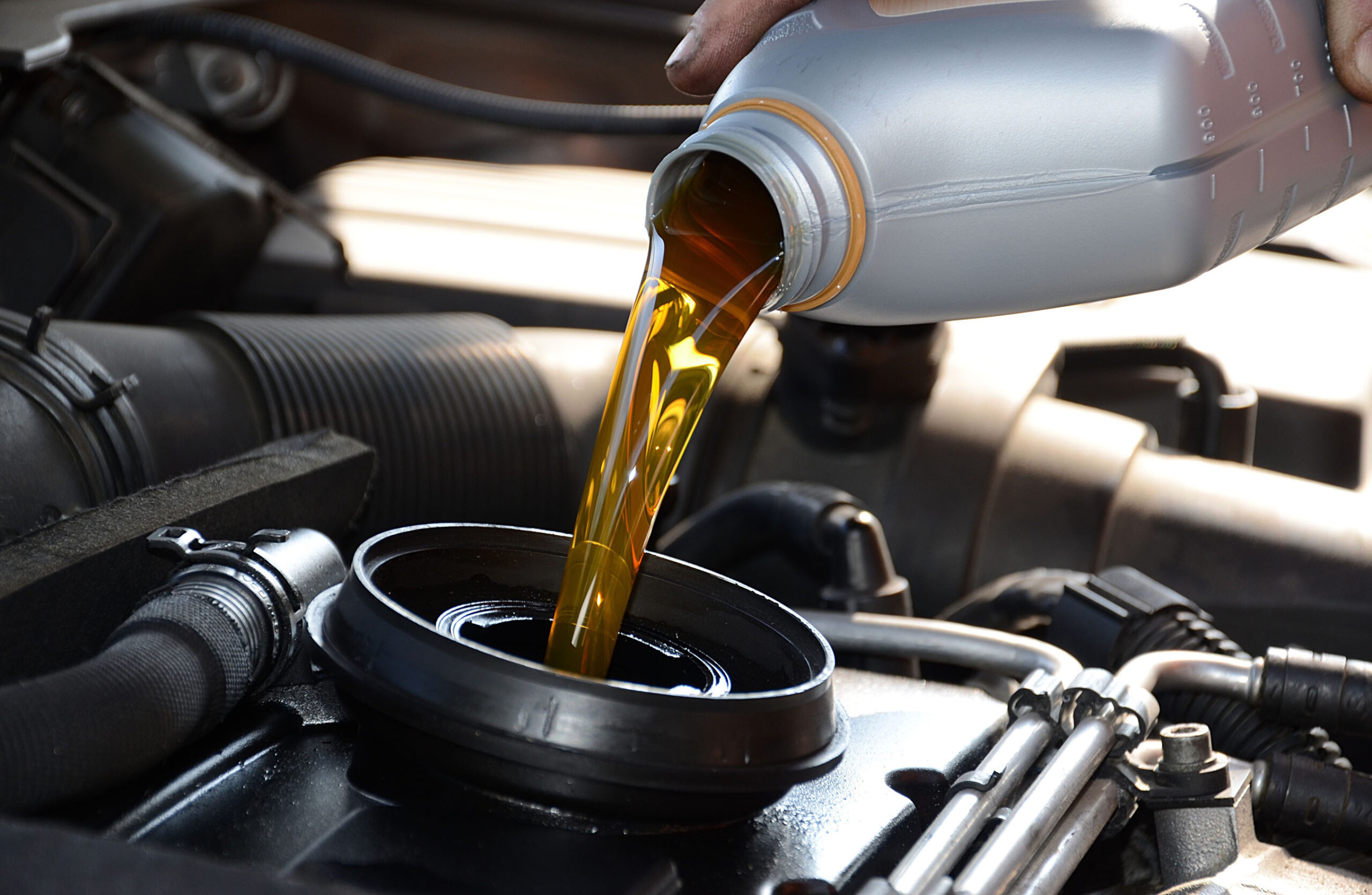How to Choose Best Engine Oil For Your Vehicles
Choosing the best engine oil for your vehicle is essential to ensure proper lubrication, cooling, and overall engine performance. Here are some steps to help you select the right engine oil:
1. Refer to the Owner’s Manual:
The manufacturer usually provides specifications for the recommended oil type and viscosity. This information is crucial, and deviating from it might affect the engine’s performance.
2. Understand Viscosity Ratings:
Engine oils have viscosity ratings, such as 5W-30 or 10W-40. The first number (e.g., 5W) represents the oil’s viscosity in cold temperatures, while the second number (e.g., 30 or 40) represents viscosity at high temperatures. Consult your owner’s manual to determine the recommended viscosity range for your vehicle.
3. Consider Driving Conditions:
If you regularly drive in extreme conditions (e.g., very hot or cold weather, stop-and-go traffic), you might need oil with specific additives. High-mileage oils are also available for older vehicles with more wear and tear.
4. Check for Certifications:
Look for oil that meets industry standards and has certifications like API (American Petroleum Institute) and ACEA (European Automobile Manufacturers’ Association). These certifications ensure that the oil meets certain performance and quality standards.
5. Synthetic vs. Conventional Oil:
Synthetic oils generally offer better performance in extreme conditions and provide improved protection. However, they can be more expensive. Check your owner’s manual to see if synthetic oil is recommended or required for your vehicle.
6. Brand Reputation:
Stick to reputable brands with a history of producing quality engine oils. You can also check online reviews and recommendations from automotive experts.
7. Oil Change Interval:
Consider the recommended oil change interval for the specific oil you are considering. Some synthetic oils, for example, may allow for longer intervals between oil changes.
8. Vehicle Age and Mileage:
Older vehicles or those with high mileage may benefit from high-mileage oils designed to address issues common in aging engines.
9. Compatibility with Other Fluids:
Ensure that the engine oil you choose is compatible with other fluids in your vehicle, such as coolant.
10. Consult a Professional:
If you’re uncertain or have specific concerns, consult with a professional mechanic for personalized advice based on your vehicle’s needs.
Remember that using the right engine oil is crucial for your vehicle’s longevity and performance. Always follow the manufacturer’s recommendations and consult with professionals if needed.



No Comments